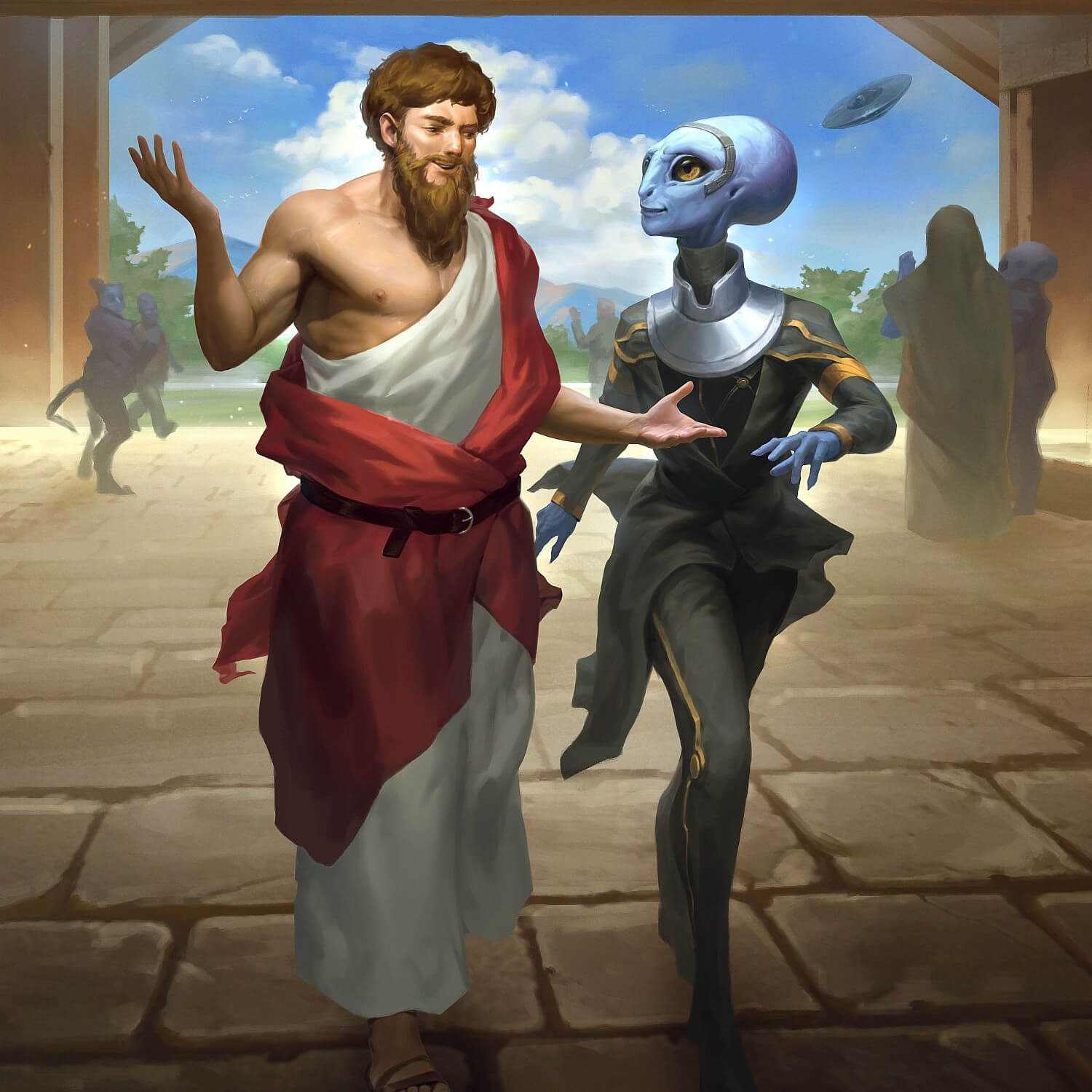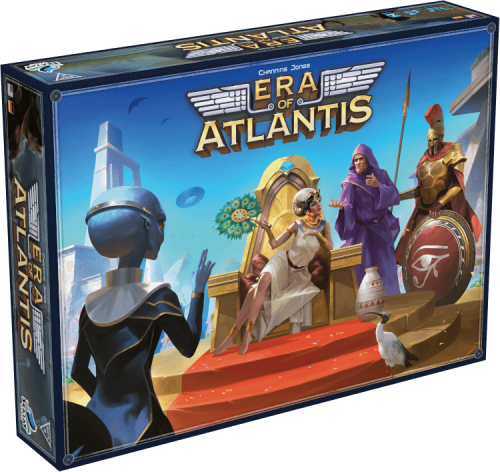New “Solution” to the Voting Problem of Game Design
What is the Voting Problem?
There are some problems in game design theory, sometimes called “cursed” problems, that have no definite solutions, only ways to mitigate the negative effects to various degrees, but often with some kind of drawback. Among these are the Alpha Player (or Quarterback) problem of purely cooperative games, and the Kingmaker and Analysis-Paralysis problems of competitive games.
Another problem of this kind is the Voting problem. This issue typically arises in competitive games involving more than two players, where there is a possibility of negative interactions among all players. The problem that can arise is that some (certainly not all) people will take it personally when other players choose to interact negatively with them. For that reason, some people will avoid games with significant negative interaction entirely. Also, this seems to have resulted in the recent trend (in the last two decades) of many more games being published with very little or no negative interaction.
The first part of this problem is the “negative“ part of the interaction. It is a known psychological effect, called “loss aversion”, wherein losses have twice the emotional impact as a gain of the same amount. Good game designers can avoid this problem when it comes to the game itself giving or taking away things from the players. It is much more difficult though if the designer wants to have direct interaction between the players.
The second part of this problem is the “voting” part, wherein another player actively chooses (from multiple possibilities) whoever they wish to interact negatively with. This is what I consider the core issue of the problem. I think more people can handle it better when the game takes something away from them than when another player does it. The reason I think is that people are sometimes not sure about other player’s motives, maybe even suspecting that it’s personal.
For my own game designs I prefer games that have a significant amount of negative interaction, since I consider them to be more challenging strategically. So leaving such out entirely is not an option for me. Instead, I wanted to focus on the second part of the problem.
“Solutions”
Some games mitigate this problem by restricting a player’s choice whom to interact negatively with. For example, in 7 Wonders players can use their military only on their neighbors. Another example is King of Tokyo, where you can only attack all the players in Tokyo, or if you are in Tokyo you attack everyone else (not in Tokyo). The important part is, that in both of these games, players never choose a player to attack. They can only choose to interact negatively or not. That is why, I believe, these games are quite popular despite their negative interaction.
With my game Era of Atlantis however, I think I have found a new kind of “solution” to this problem, which is that you are not interacting with individual players, but instead entities shared by multiple players. In other words, when you are attacked it’s not just you, it’s you together with another player. Likewise when you attack, you attack together with someone. So it’s never just one player versus another one player. This makes the feeling of taking it personally less likely, because it is actually never just you personally in the game.
Era of Atlantis
To explain what is happening in Era of Atlantis, I used the term “overlapping partnerships”. In Era of Atlantis, each player controls two major nations in a mythological-scifi Earth of the distant past. Each major nation is shared by two players, and each player must have two different partners (so no double-teaming), thus the overlap. At game end, only the lesser valued one of your two nations counts for your score. So you have the incentive to grow both of them, and not neglect one for the benefit of the other. This creates a cooperative spirit, because both players of a shared nation truely have the same interest in the success of that nation. Also, both players have the same amount of control over the nation. All this supports the feeling of being in a team.
The really unusual aspect of this though, is that the teams are not distinct, like in other team-based games (such as Guards of Atlantis II), but that they overlap. Only one player can actually win the game though, and usually this is the player who manages to coordinate better with the two partners.
I hope other people find enjoyment in this novel mechanism for a game with negative interaction. Era of Atlantis has launched today on Gamefound.

